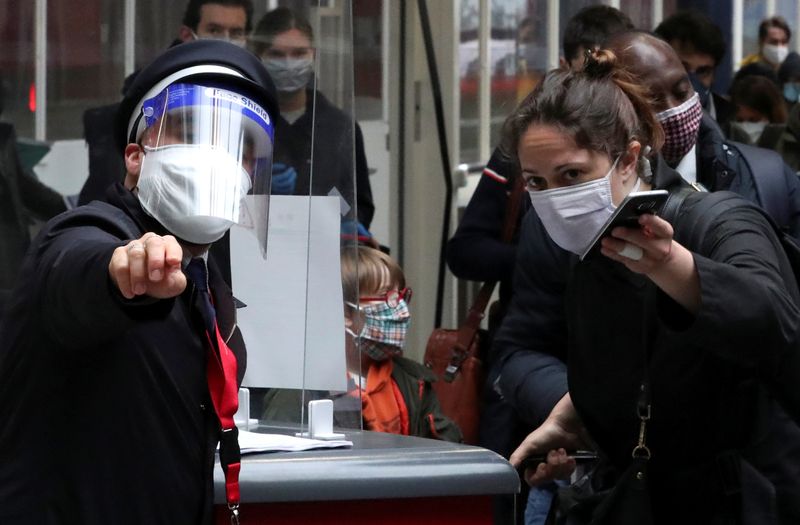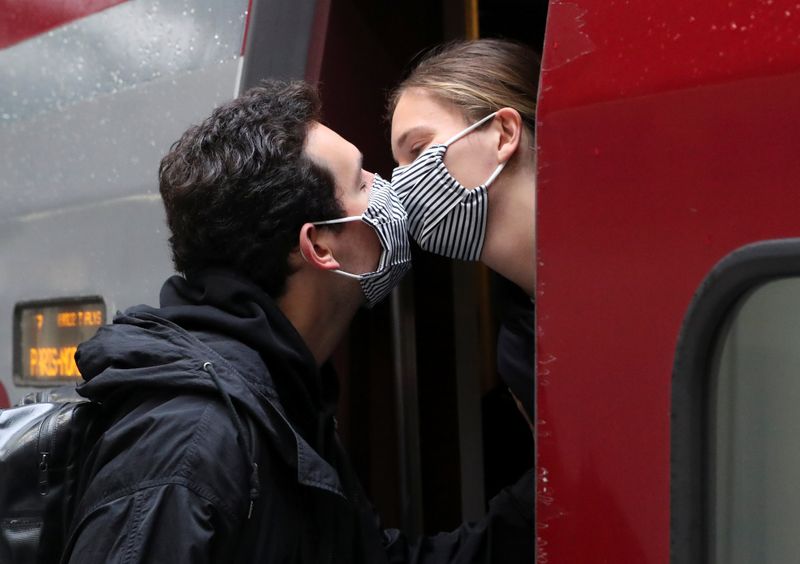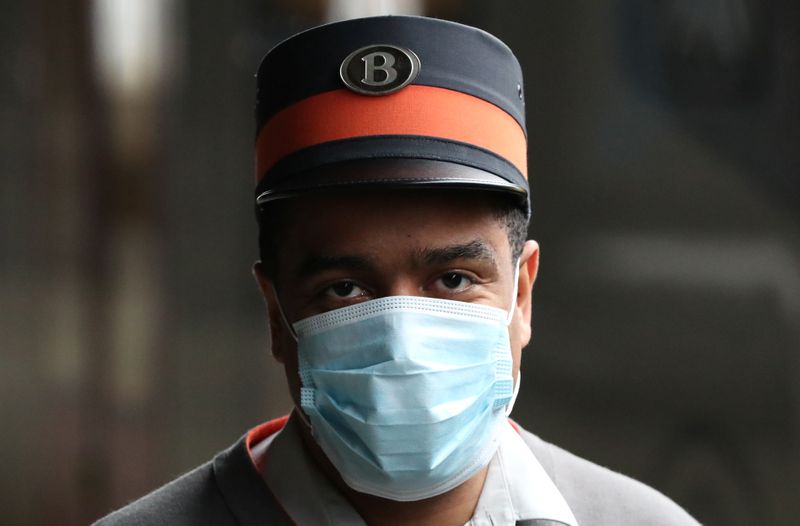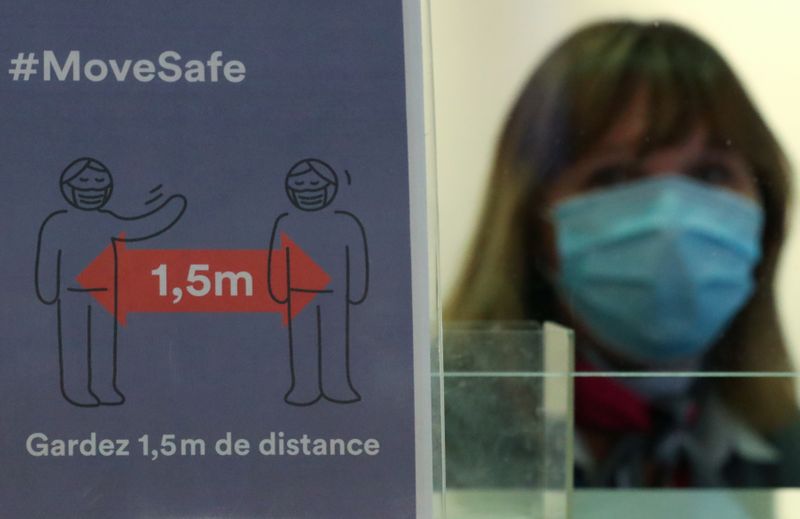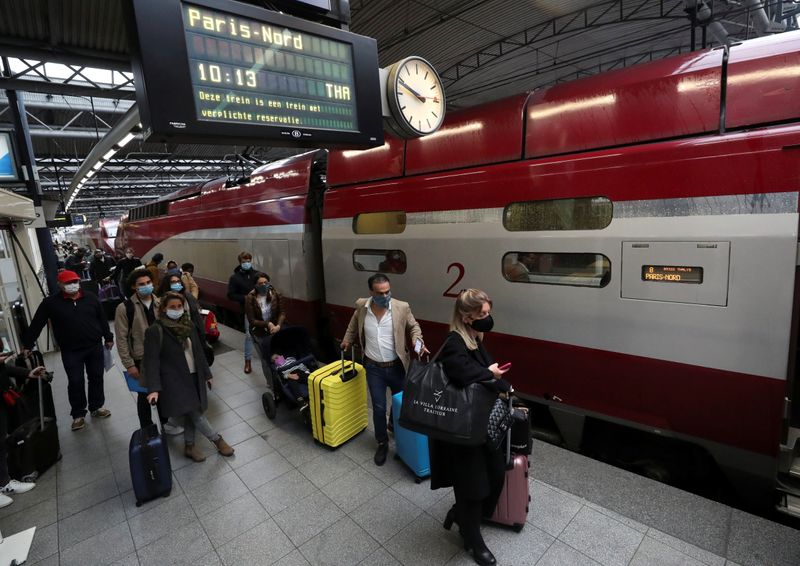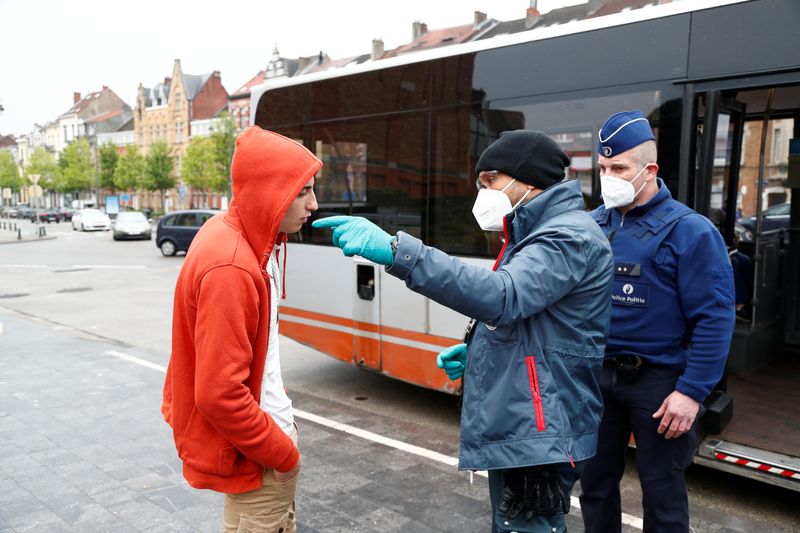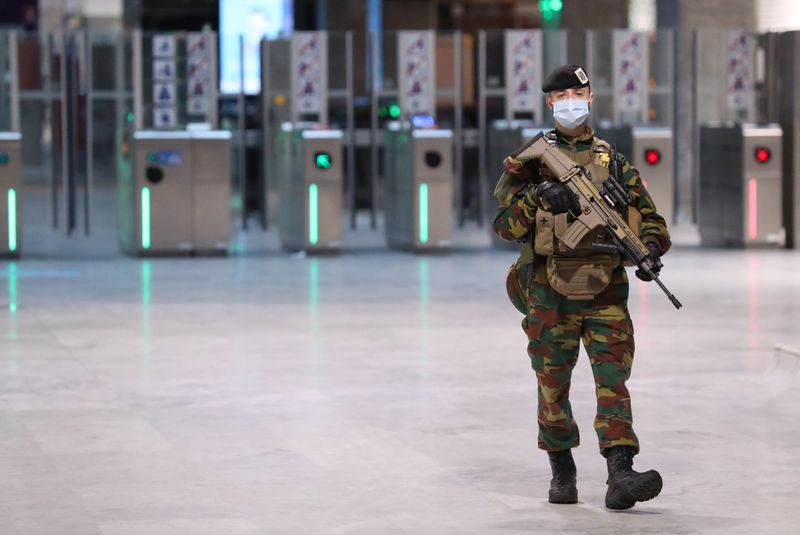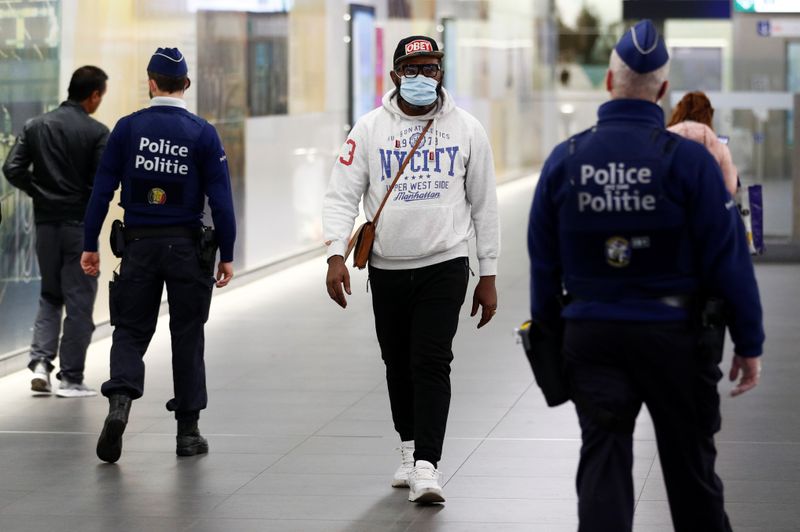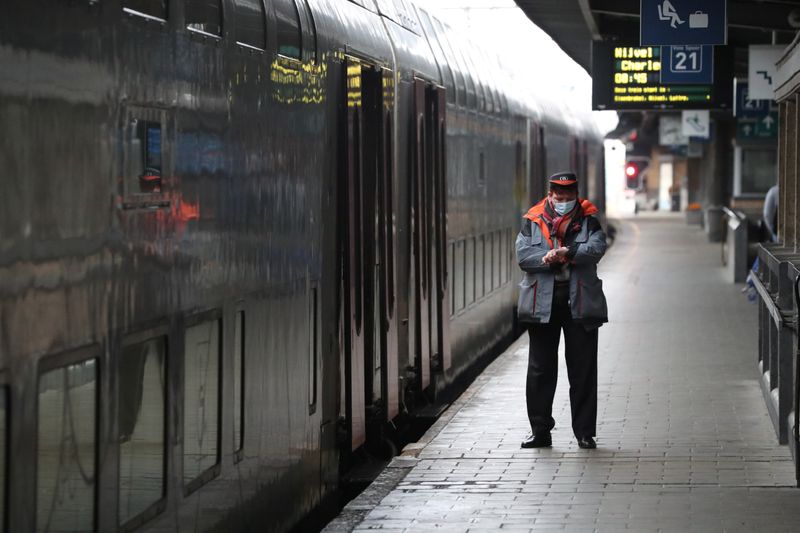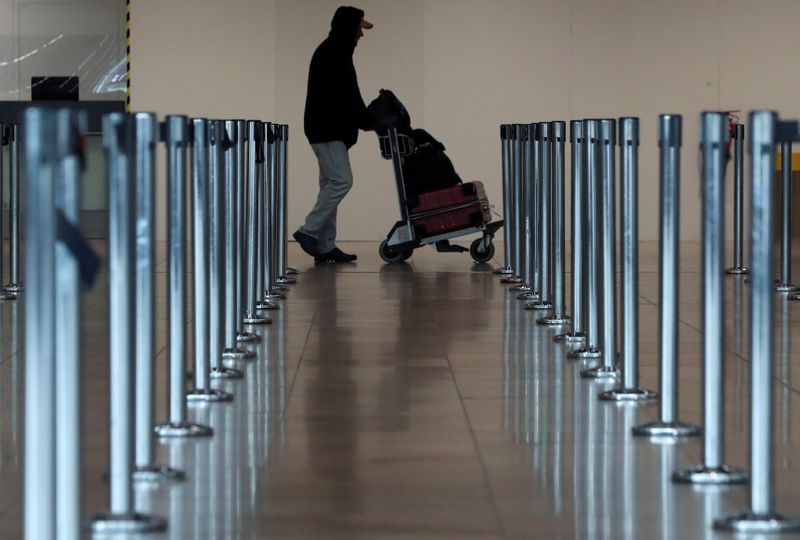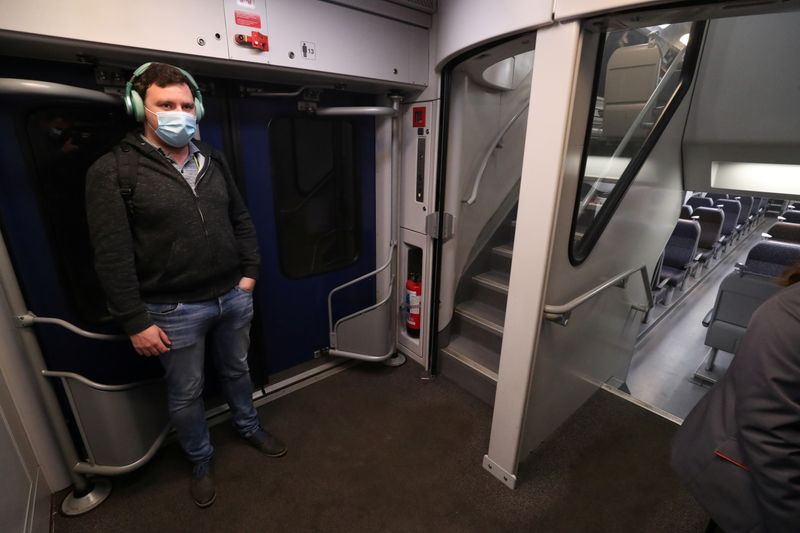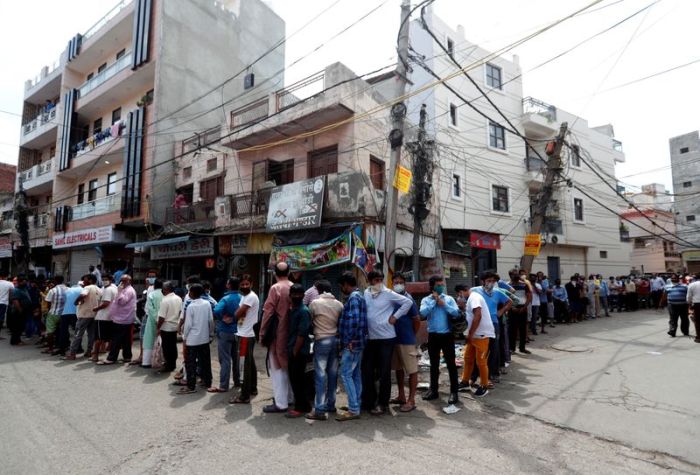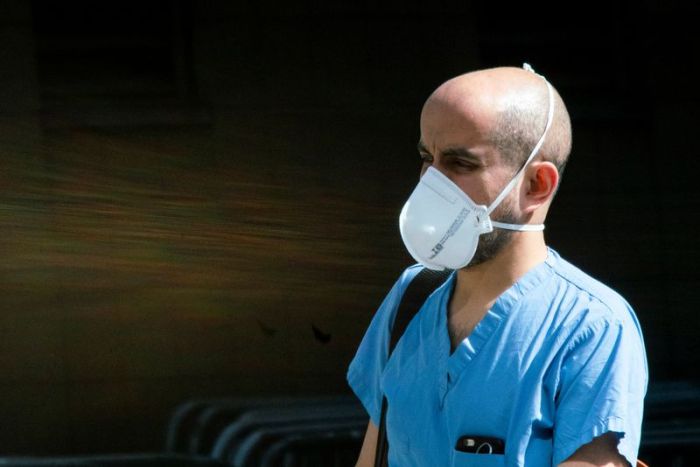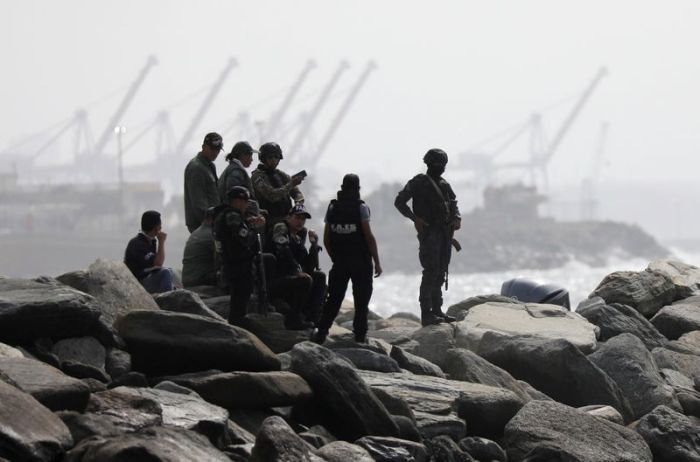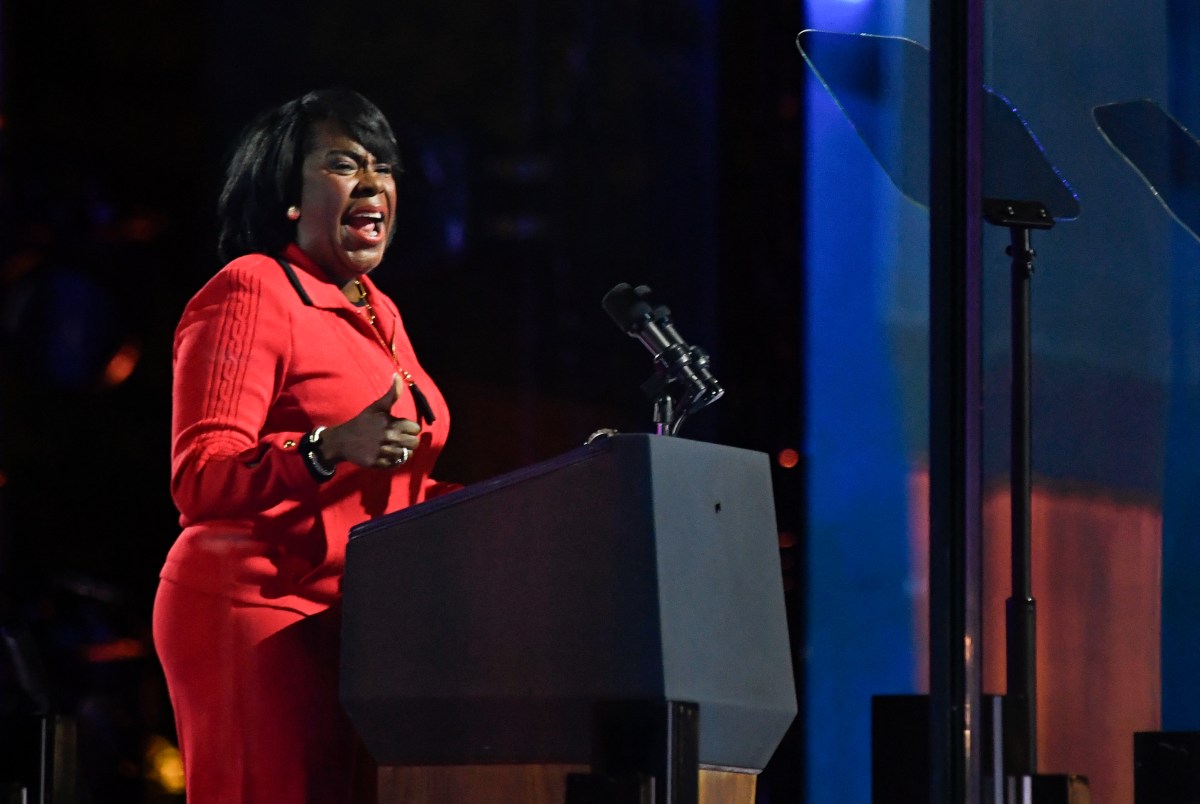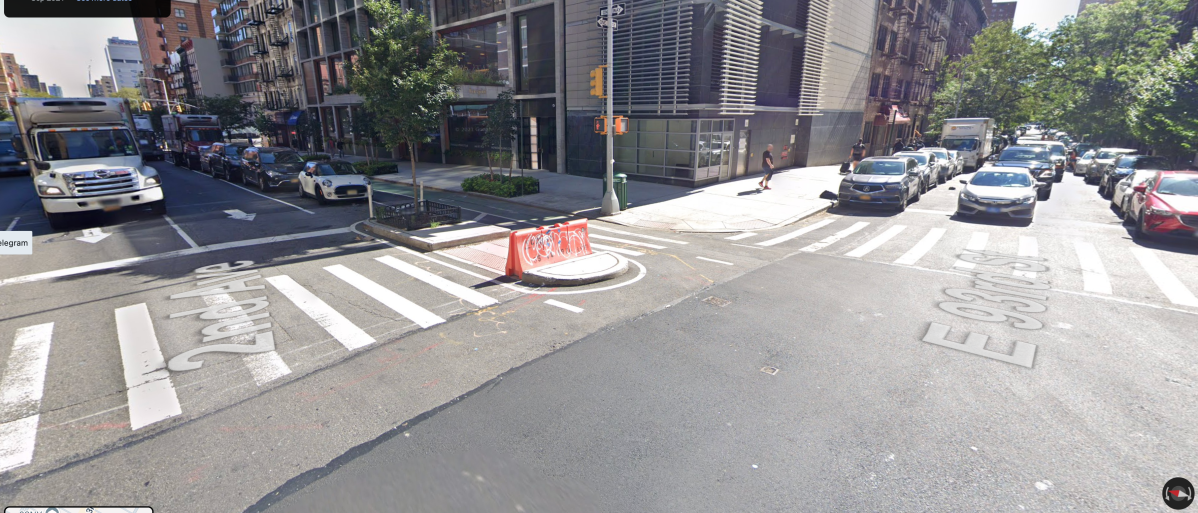BRUSSELS (Reuters) – Belgium began a cautious easing of its coronavirus lockdown on Monday, allowing some businesses to reopen while obliging passengers on public transport to wear a mask under a new rule to reduce the risk of any new outbreak.
The country of 11.5 million people, among the worst affected by the COVID-19 pandemic, has until now only permitted food shops and pharmacies to operate throughout the crisis, and more recently home-improvement and garden centres.
On Monday, 150,000-300,000 people were expected to resume work in businesses that do not have contact with consumers, such as manufacturers, although remote working is still encouraged.
At the same time, a government-appointed group of largely medical experts was working on a plan for a possible return to tight lockdown if loosening steps led to a new spike in infections.
The head of the group, infectious diseases professor Erika Vlieghe, said she hoped the plan would not be needed but Belgium had to be prepared for any second wave of COVID-19.
“That wave would not arrive from one day to the next – we would see it coming,” she told the Belgian daily Le Soir.
Belgium, whose capital Brussels hosts the headquarters of the European Union and NATO, has confirmed 50,267 COVID-19 cases and 7,924 deaths from the highly contagious respiratory disease. But the rate of increase of new cases, hospital admissions and deaths has fallen steadily since peaks in early April.
Under the new measures, all adults and older children taking public transport are now obliged to wear a mask, on pain of a 250-euro($273.30) fine. Shops selling fabric and sewing supplies were also allowed to open to allow the public to make their own masks. Some supermarkets also began selling surgical masks.
The public may also now expand their range of leisure activities beyond walking, jogging and cycling to include sports where physical distancing is possible – such as tennis, golf or kayaking.
The government has outlined a phased removal of restrictions through the month of May. Next week, all shops will be allowed to open and the week afterwards schools will start to receive some pupils.
(Reporting by Philip Blenkinsop; Editing by Mark Heinrich)

